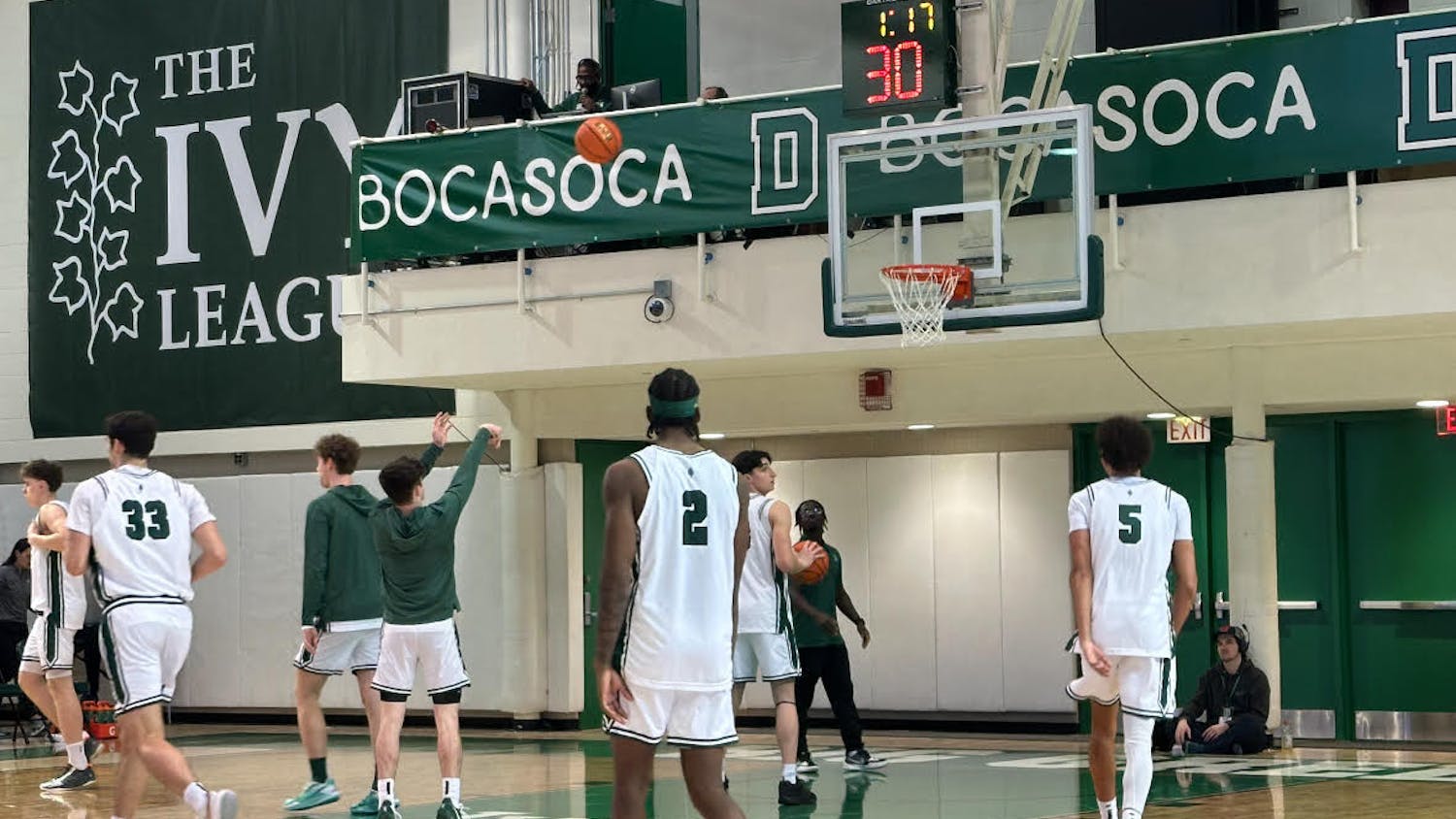It finally happened. NBA commissioner David Stern announced the cancellation of the first two weeks of the NBA 2011-2012 season on Monday. This confirmed all fears that there might not be any professional basketball for a long period of time.
Going a year without pro basketball is one of my worst nightmares. I would rather self-impose a three-cup handicap on all of my pong games than suffer through a year without the high-flying acrobatics of Dwight Howard, LeBron James and Chris Paul. Unfortunately, the labor talks between the NBA players' union and the NBA owners are unproductive because neither side refuses to seek a compromise. After four months of heated negotiations, no progress has been made.
Contrary to popular belief, owning a professional basketball team is not necessarily a lucrative business. The owners claim that the NBA's 30 teams lose a combined $300 million every season. Although many players' union representatives dispute the exact magnitude of this loss, the financial instability of the NBA is a known fact.
In 2011, Forbes reported that my hometown team, the Orlando Magic, had an operational income of -$23.1 million. The Magic is the only major professional sports team in central Florida, the owner of a brand new state-of-the-art arena and the employer of Dwight Howard, the most dominant center in the league. Despite all of these positives (and a Forbes 11th-ranked net worth of $385 million), the team still cannot turn a profit. This fundamentally flawed system needs to be entirely revamped in order to guarantee the sustainability of the NBA.
Currently, NBA players receive 57 percent of all basketball-related income, or BRI. Keep in mind, this number includes every transaction that relates to basketball not just ticket sales. If you add in the money generated from TV contracts and merchandise, basketball teams generate a lot of cash.
One percent of BRI is estimated to equal around $40 million, although major-market teams such as the New York Knicks generate considerably more money than smaller-market teams. If you do the math, the players must give up at least eight percentage points in order for the league to break even. The owners are asking for the players to concede seven BRI points and change the revenue sharing to an equal 50-50, but the players will not accept a deal that lowers their share below 53 percent.
Although I'm a sports journalist and not a businessman, I find it hard to support the players' union during this lockout. Although both sides want multiple changes in the NBA business structure, the BRI ratio is by far the most important topic in the debate. Earning a profit is the primary objective for any business owner, and I can't imagine any right-minded individual agreeing to a deal that does not improve the chance of making a profit.
I know that there is a lot of money riding on the end result of these negotiations, but logic must trump personal motivation and greed. Let's be honest: Professional basketball players will always make significantly more money than the Average Joe. Although a 7 percent recution in LeBron James' contract would cause him to lose about $6 million over five years, his adjusted earnings of $102 million over six years is still considerably more than any amount of money I will ever see during my lifetime.
The players must give something up so the fans can enjoy a season of basketball. The maximum contract length needs to be shortened, the salary cap must be firm and the players must take a smaller share of the total income. NBA owners and general managers are notorious for paying bad players too much money (hello, Elton Brand) and one bad move can sink an entire franchise for years. With these suggested changes, management would be protected from itself and the chance of one bad move crippling a successful team would be minimized. Successful teams are generally profitable teams, and progressive labor negotiations will create a more stable and competitive NBA.



